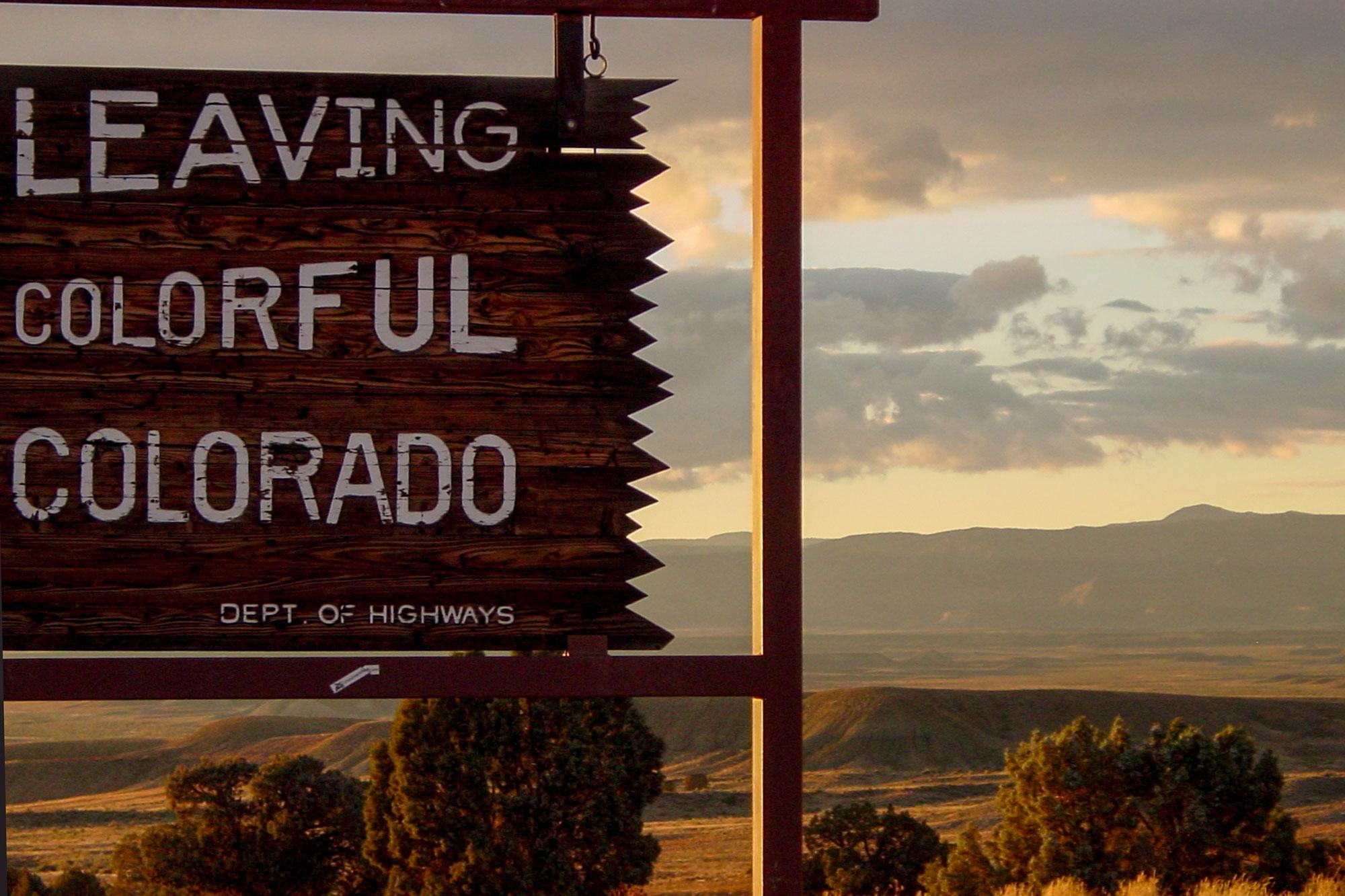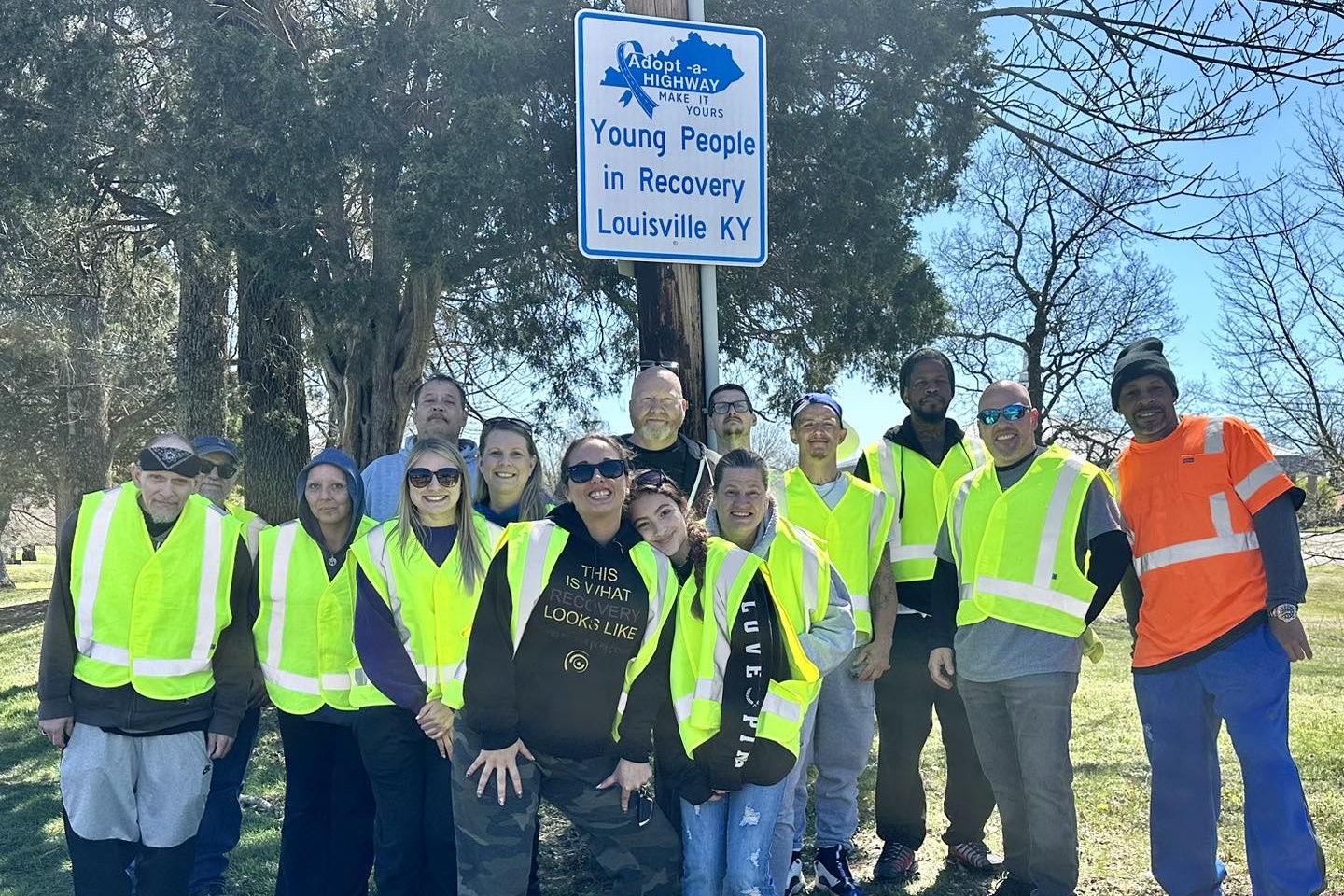

New annual figures from the bureau's American Community Survey show that Colorado saw its first drop in about a decade in 2016 in the number of people arriving from other states, while those leaving Colorado hit a record high. The result was the lowest net-migration number — 30,000 total new residents — in seven years.
About 193,000 Colorado residents moved away last year, 10,000 more than in 2015, according to the data. Meanwhile, 223,000 people moved into the state, down about 4,000 from the year, though still well above recent years.
"We are seeing that there has been an increase in outs — the highest on record," said state demographer Elizabeth Garner.
The Census Bureau survey numbers do not include people who have moved to the state from abroad. And because the counts are based on surveys, the margin of errors can be large, especially when looking at movements to and from individual states, The Denver Post reported.
Tax-return counts from the IRS show that Colorado experienced a big jump in both households arriving and leaving from other states in 2016 versus the previous year. But on the whole, net migration among people who filed tax returns isn't declining.
Home prices in metropolitan Denver are up 57 percent the past eight years through October, as measured by the S&P CoreLogic Case-Shiller home price indices. The average apartment rent since mid-2009 is up 63.6 percent, according to rent figures from the Apartment Association of Metro Denver.
The average hourly wage, by contrast, rose from $25.07 to $28.94, an increase of only 15.4 percent, according to the U.S. Bureau of Labor Statistics
Meanwhile, Colorado's population grew by 11 percent from 2009 to 2016, to 5.55 million residents.
The drop in net migration could help explain why Colorado's unemployment rate dropped sharply to a record-low 2.3 percent this spring.
But slower population growth could help housing markets along the Front Range rebalance after years of strong gains in home prices and rents and allow builders to catch up on supply shortages, especially for single-family homes.
Still, professionals in real estate and moving businesses say they aren't yet seeing a slack in the number of people moving here.
"I suppose if we had negative or slowing migration numbers, then, yes, it could help the constrained market. But I have not experienced that yet and would be surprised to see a slower market in 2018," said Steve Thayer, chairman of the Denver Metro Association of Realtors and owner of the Keller Williams Action Realty office in Castle Rock.








